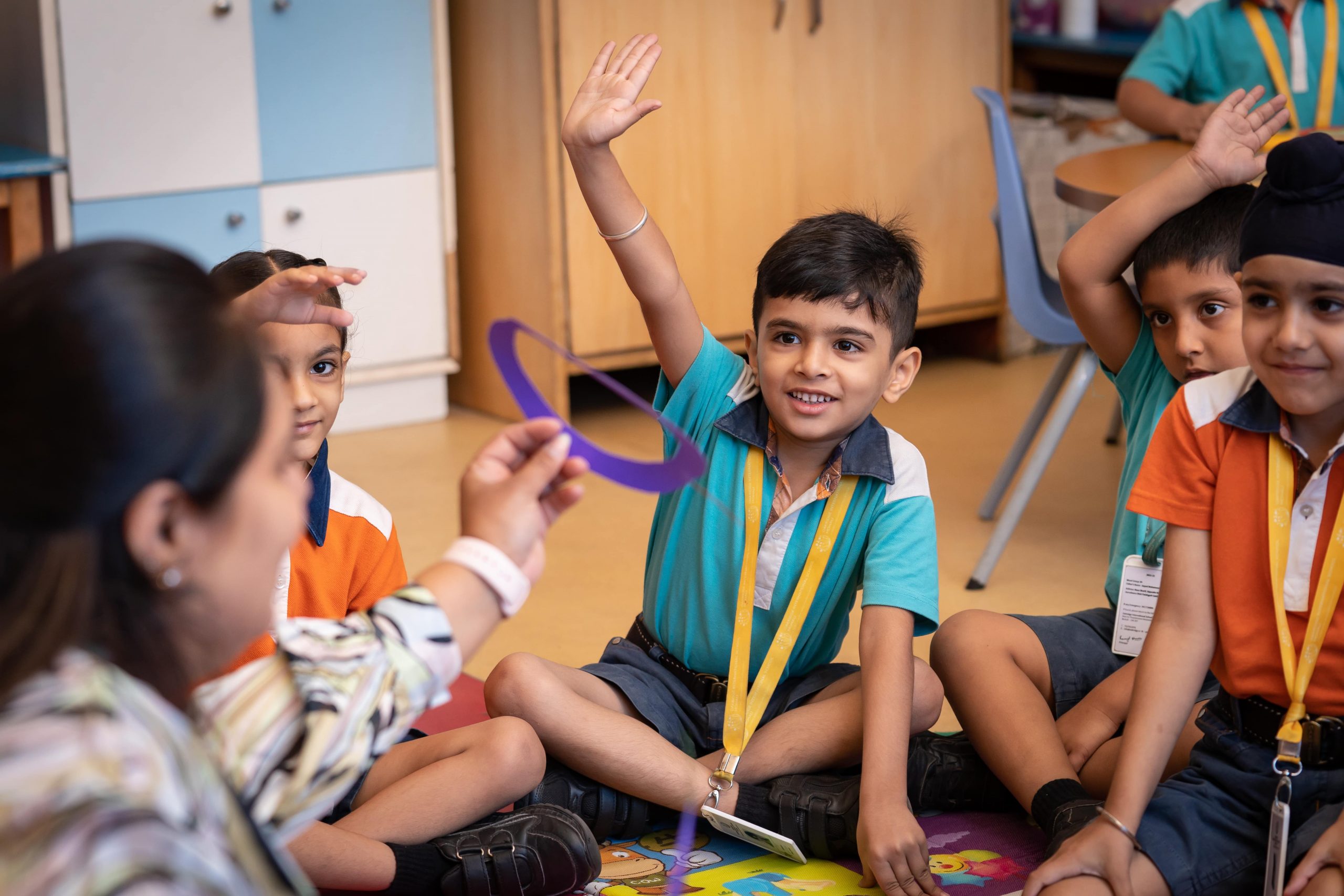Navigating Consequences in Early Childhood Education: A Thoughtful Approach
- 19 December 2023

As an Early Childhood Educator, I often field questions from well-meaning parents and caregivers about the concept of consequences. In simple terms, a consequence is the outcome of a child’s behavior, a crucial factor in shaping their future actions. Why is this concept significant in the context of Oakridge International School, Mohali, you may wonder?
In the world of little children, each action has an equal and opposite reaction, making consequences pivotal in determining a child’s future behavior. Some consequences reinforce desired behaviors, while others may lead to a contrary outcome.
Let’s delve deeper. Negative consequences, such as yelling, time-outs, or grounding, can hinder a child’s ability to learn and improve. Conversely, positive consequences, like words of encouragement or earning a star for good behavior, stimulate brain centers associated with repeating positive actions.
However, caution is necessary with negative consequences. Using fear and stress to curb undesirable behavior might yield short-term results, but it inhibits the child’s understanding of why certain behaviors are discouraged. Research indicates that a stressed or fearful child activates survival instincts, hindering the learning process.
If negative consequences are employed, children may learn what not to do, but they may miss out on understanding the values and morals associated with the behavior. Moreover, children are highly aware of how they are treated compared to others, potentially leading to resentment and anger.
As a parent and ECE professional, I adhere to the adage “monkey see, monkey do.” Children emulate our actions more than our words. Hence, it’s crucial to treat them how we would like to be treated, fostering a positive environment.
So, what’s the alternative to negative consequences? My personal philosophy revolves around emphasizing the positives. By providing positive consequences for desirable behavior, such as stars for activities or extra playtime, children become motivated to earn these rewards, leaving little room for undesirable behavior.
In my household and classroom at Oakridge International School, Mohali, clear expectations for behavior are set and revisited to reduce discrepancies. When children understand what is expected of them and how to achieve it, everyone stands to benefit.
About the Author:
Ruchika Sachdeva is an artist and Early Childhood Educator with a keen interest in child psychology. In this blog, she shares her insights as an educator and parent, advocating for respectful facilitation in a conscious classroom.